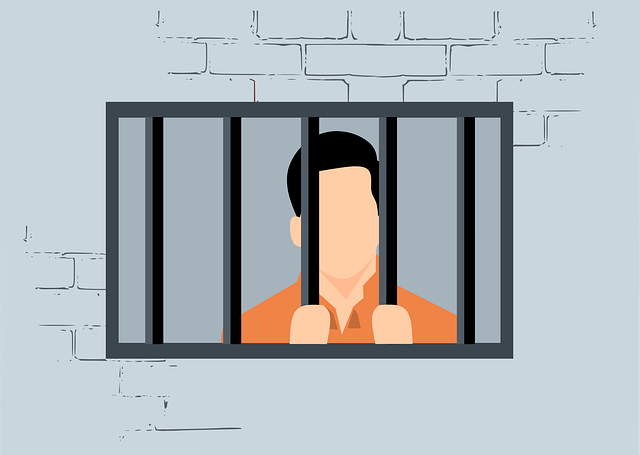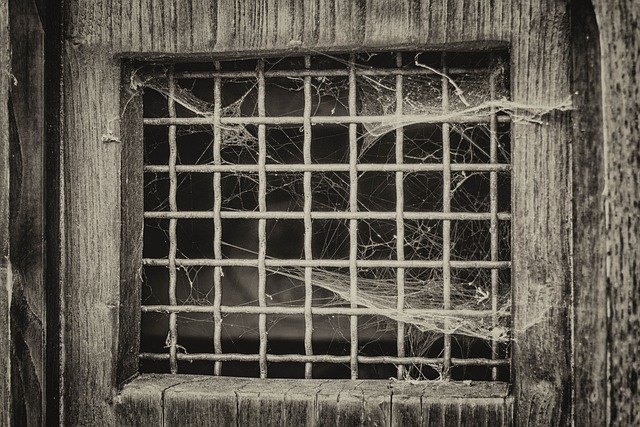Teen Driver Rehabilitation programs offer a second chance for teens who make driving mistakes, teaching responsible habits, safety protocols, and accountability through workshops, exercises, and community service. Integrated community service empowers teens to impact local communities, fostering empathy, a sense of belonging, and vital life skills while rebuilding community trust.
Community service offers a powerful avenue for redemption and growth, especially for teens navigating critical stages of development. In “Community Service Making Amends,” we explore how structured programs, like Teen Driver Rehabilitation, transform missteps into opportunities. By delving into these initiatives, we uncover the profound impact they have on amending behavior, rebuilding trust within communities, and fostering responsible young adults. Discover how these experiences can serve as a second chance for teens to thrive.
- Teen Driver Rehabilitation: A Second Chance for Growth
- Community Service: Amending Behavior, Rebuilding Trust
Teen Driver Rehabilitation: A Second Chance for Growth

Many teens make mistakes behind the wheel, and these errors can have lasting consequences. However, programs like Teen Driver Rehabilitation offer a crucial second chance for growth and learning. This initiative focuses on educating young drivers about responsible driving habits, safety protocols, and the impact of their actions on others.
Through interactive workshops, practical exercises, and mentorship from experienced professionals, teens gain valuable insights into becoming safer, more considerate drivers. The rehabilitation process empowers them to take ownership of their mistakes, foster personal development, and embrace the responsibilities that come with operating a motor vehicle. It’s not just about learning rules; it’s about cultivating a culture of accountability and maturity on the roads.
Community Service: Amending Behavior, Rebuilding Trust

Community service plays a pivotal role in amending behavior and rebuilding trust within individuals and communities, especially targeting at-risk groups like teen drivers. For instance, teen driver rehabilitation programs often incorporate community service as a cornerstone of their curriculum. This approach not only helps teens take responsibility for their actions but also fosters a deeper understanding of the impact their behaviors can have on others. By engaging in community service projects, such as assisting elderly neighbors or participating in local clean-up drives, teens learn valuable lessons about accountability and empathy.
Through these experiences, they begin to see themselves as integral parts of their communities, understanding that their actions can positively influence and enrich the lives of those around them. Rebuilding trust becomes more attainable when teens demonstrate a commitment to making amends and contributing constructively. This transformation not only benefits the community at large but also equips teens with life skills that will serve them well in various aspects, ensuring they grow into responsible and engaged citizens.
Community service offers a powerful pathway for personal growth and redemption, especially for teens who have made mistakes behind the wheel. Through programs like Teen Driver Rehabilitation, young individuals can learn from their errors, take responsibility, and rebuild trust in their communities. This not only amends past behavior but also fosters maturity, empathy, and a deeper sense of civic duty, ensuring a brighter future for both the individual and society at large.






